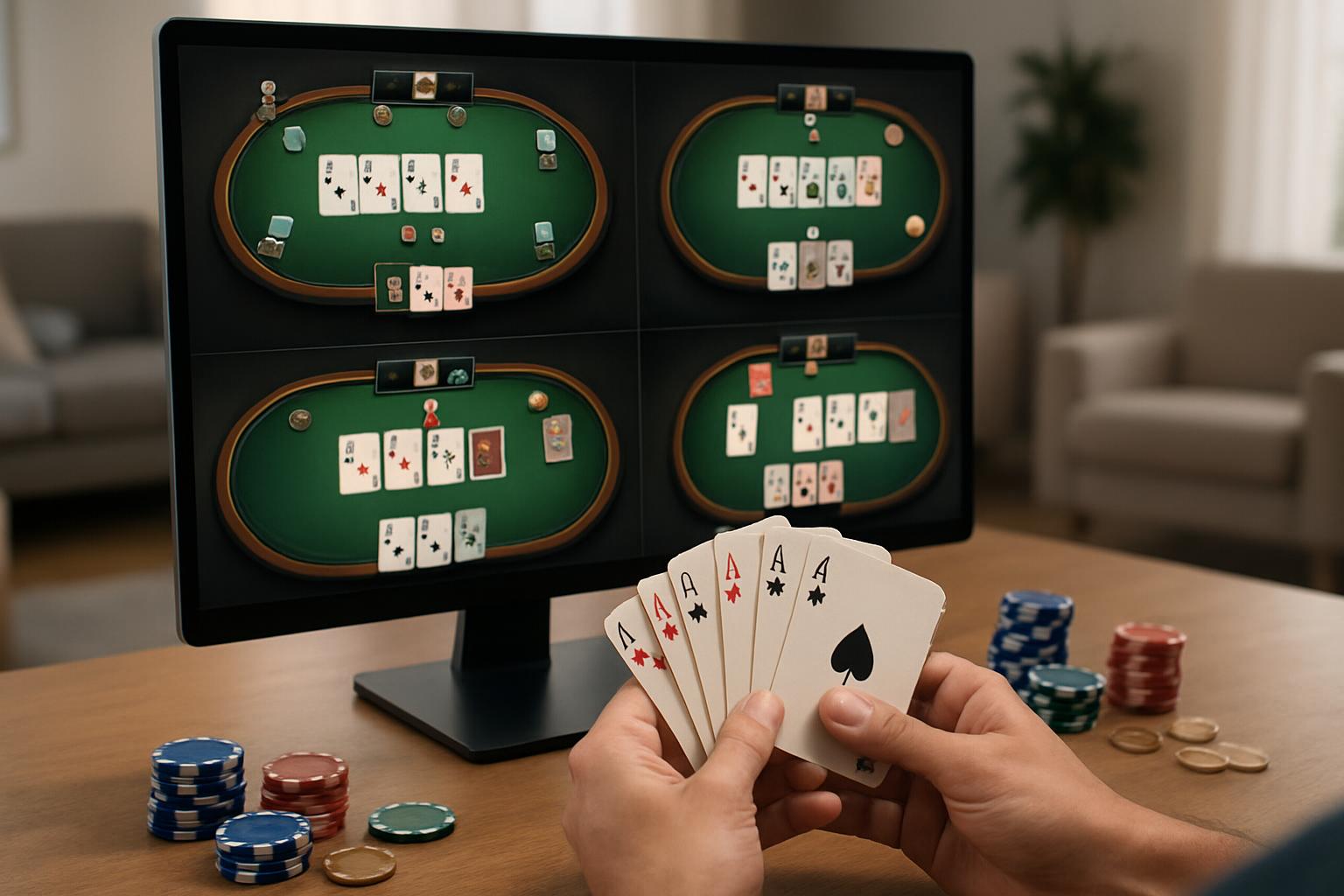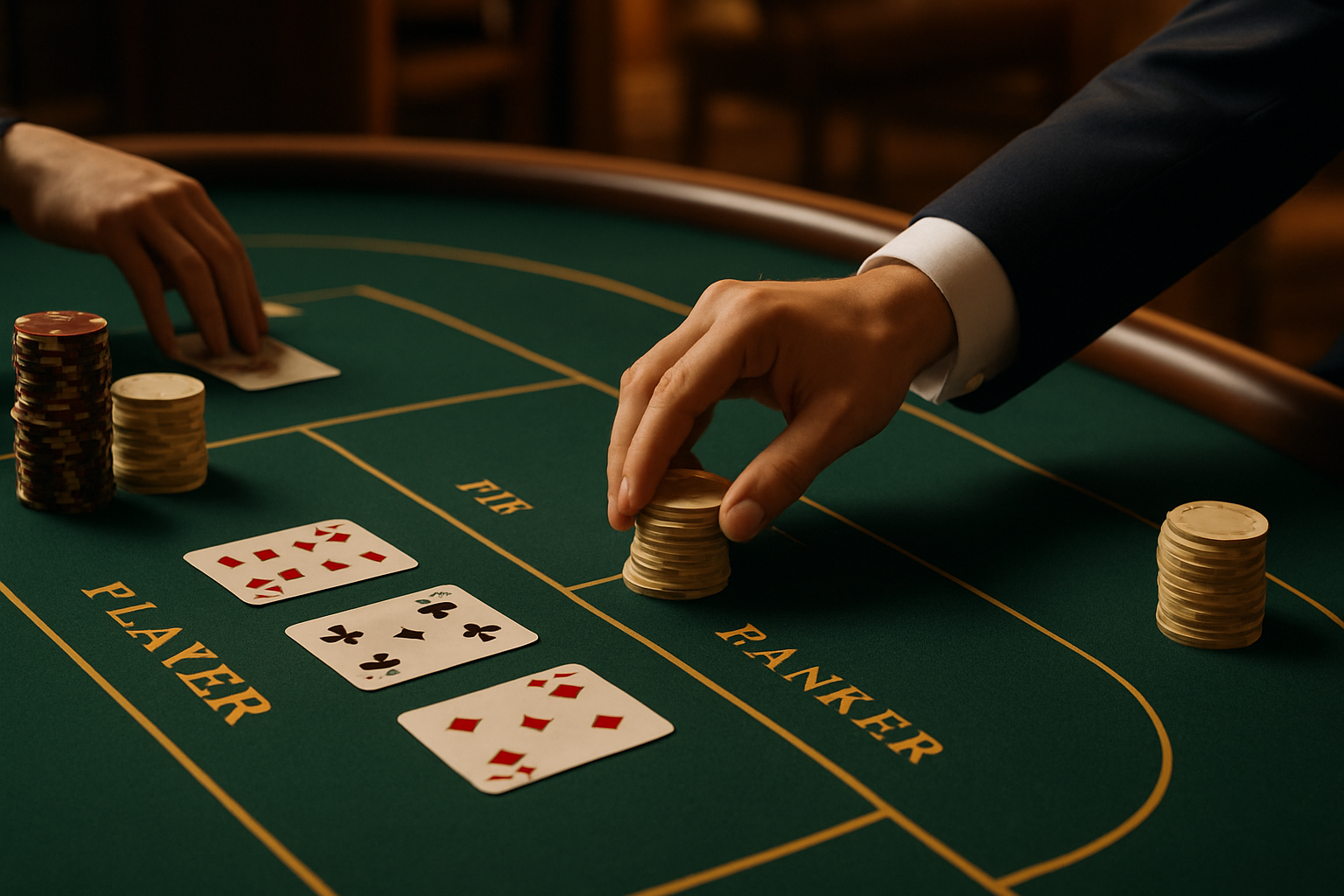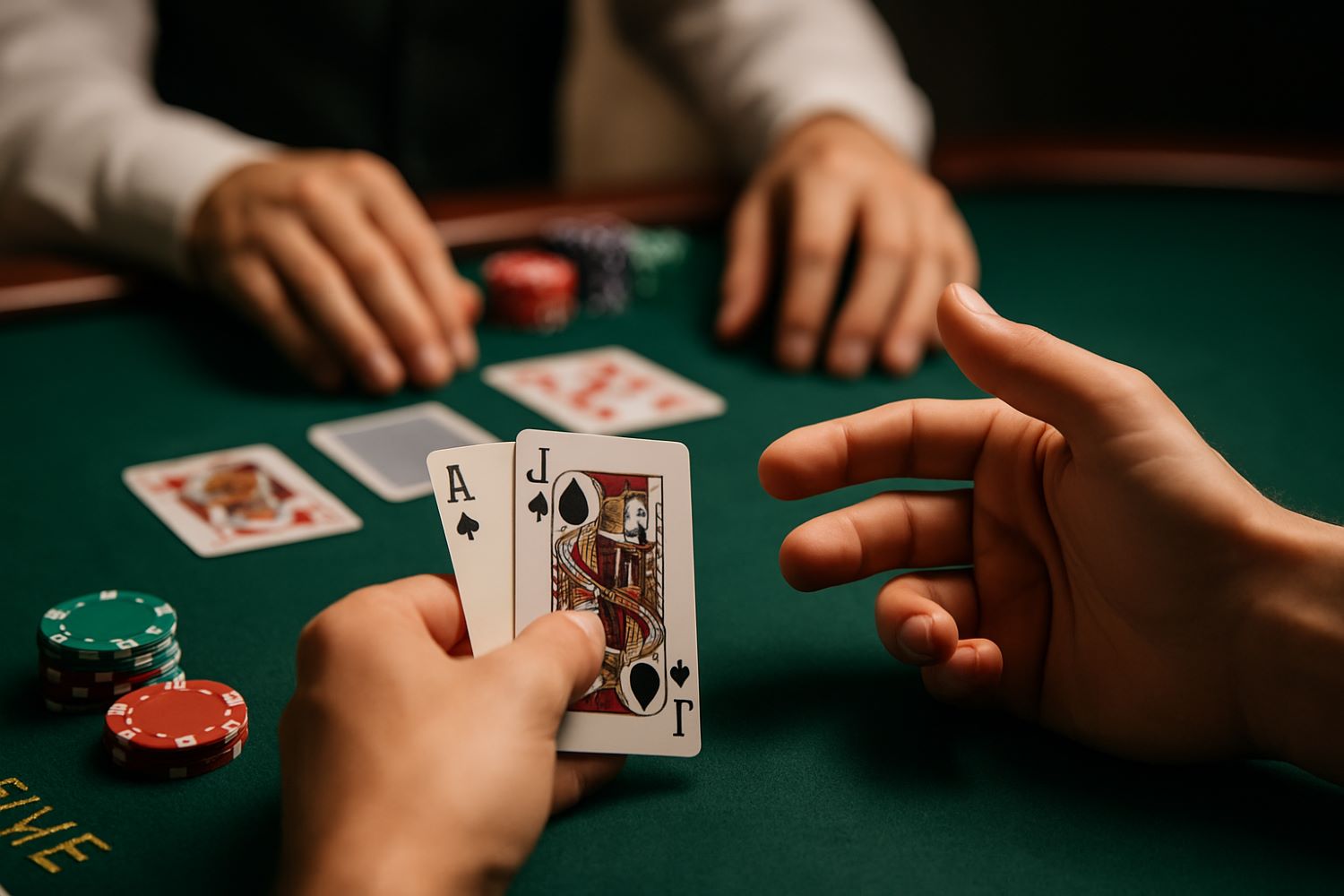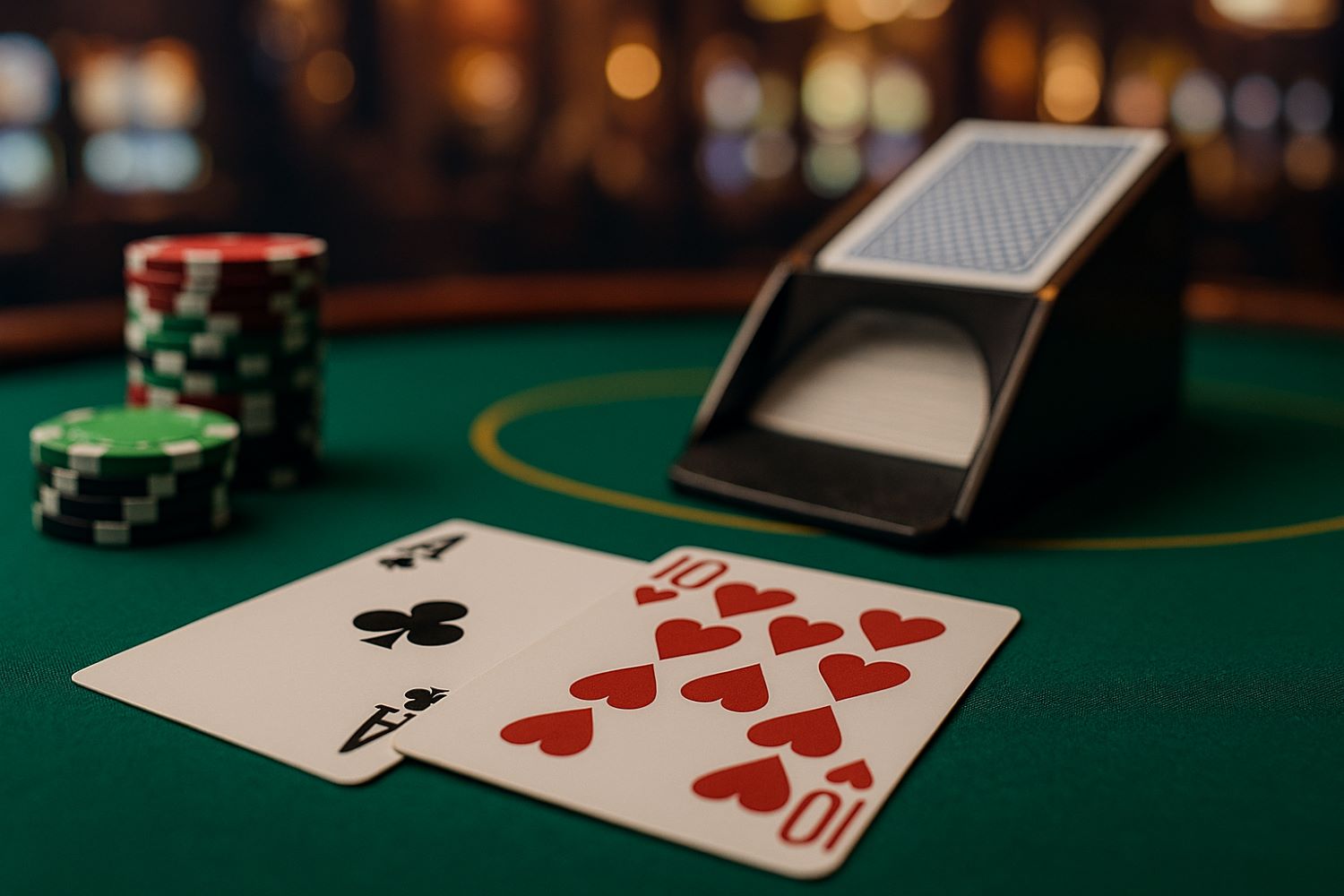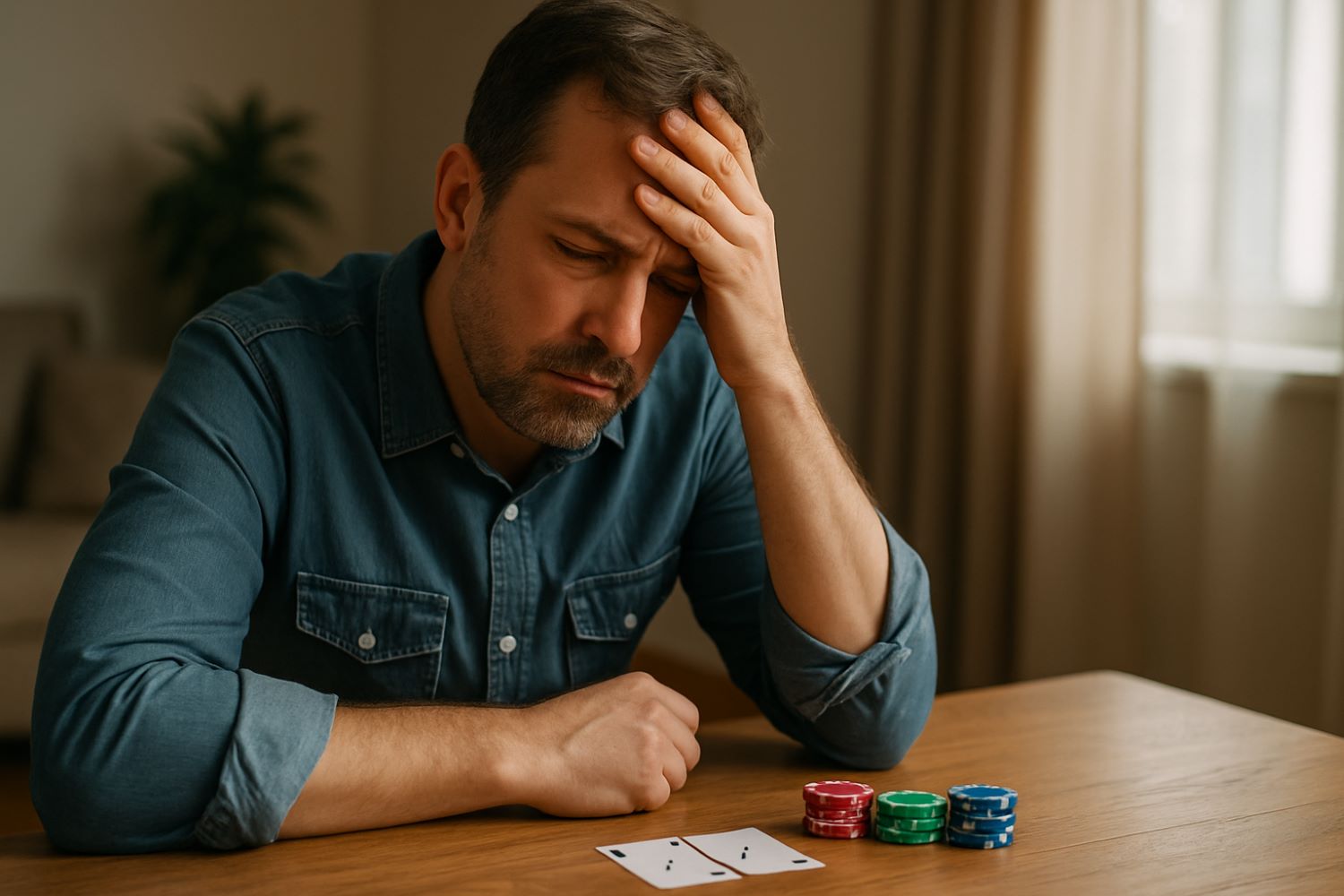Card Games
Card games remain a cornerstone of both online and land-based casinos, offering endless entertainment and opportunities to test your skill and luck. On this page, you’ll find in-depth guides, strategies, and reviews covering popular card games such as blackjack, baccarat, poker, and more. Whether you’re a beginner learning the basics or a seasoned player searching for advanced tactics, our resources will help you enjoy and improve at every type of casino card game.
-
Explore poker variants like Omaha, Stud, Razz and more. Learn…
-
Discover baccarat’s rich history, easy rules, and VIP appeal. Learn…
-
Delve into the true nature of gambling, exploring the stark…
-
Learn how cheating happens in Texas Holdem, both live and…
-
Learn the basics of blackjack, the rules, and a simple…
-
Find out if card counting works in blackjack, how it…
-
Uncover the smart habits and strategies real blackjack winners use.…
-
Learn simple, effective ways to prevent gambling addiction. Discover tips…
-
Discover the most common types of poker players—aggressive, conservative, and…

